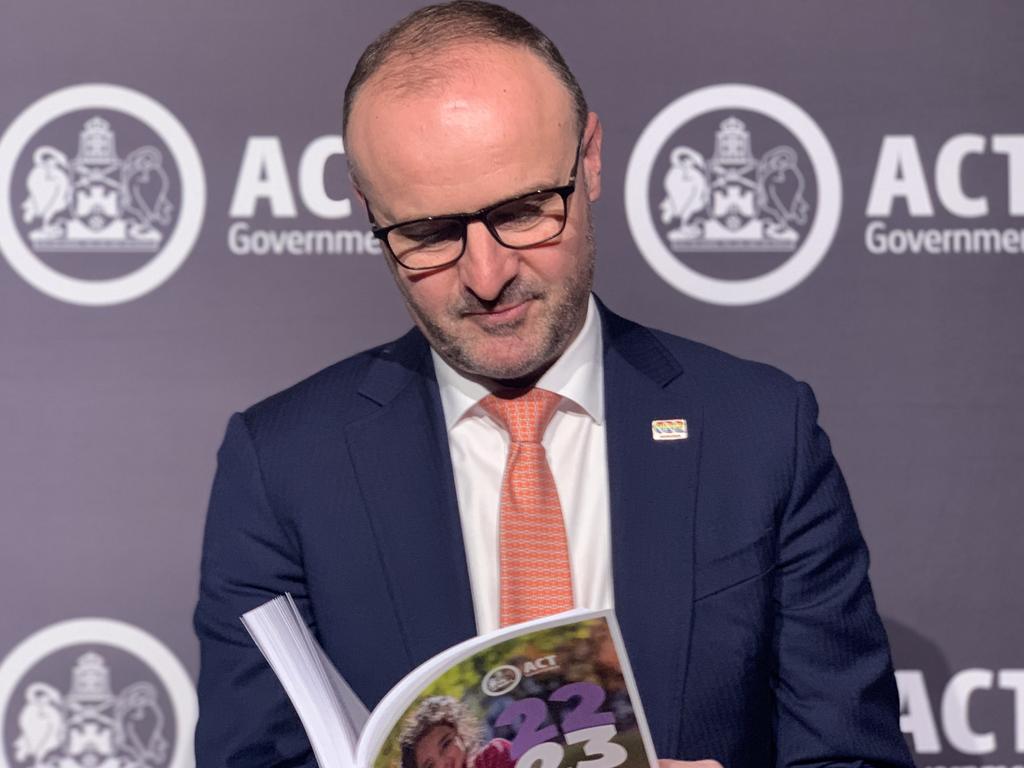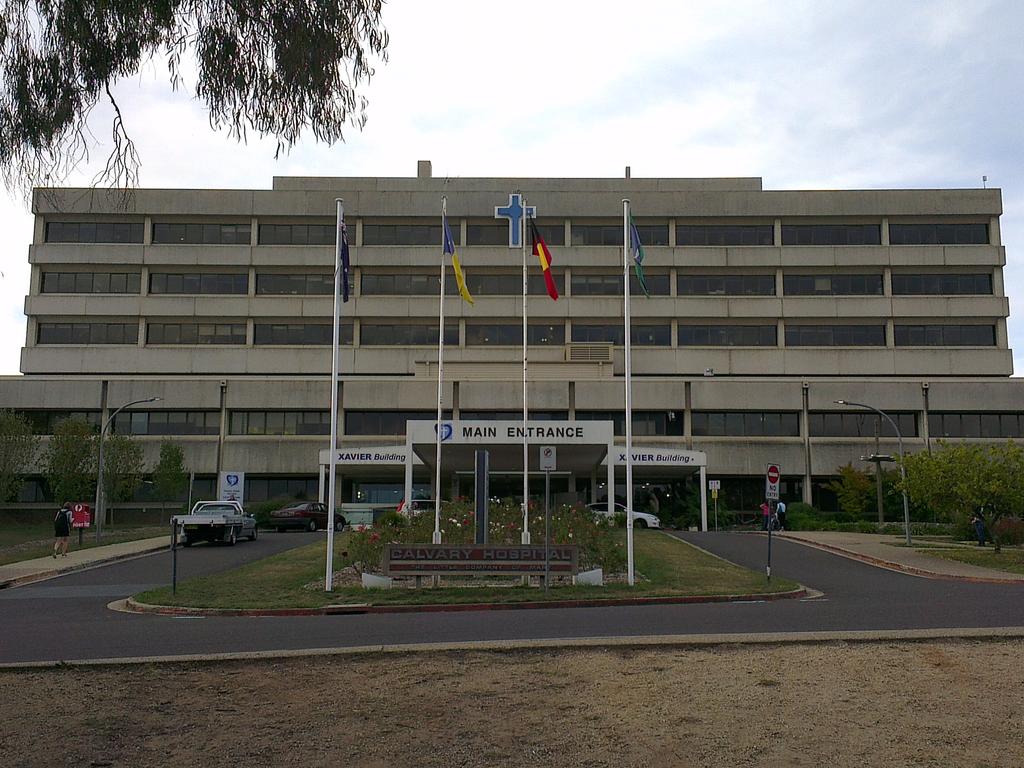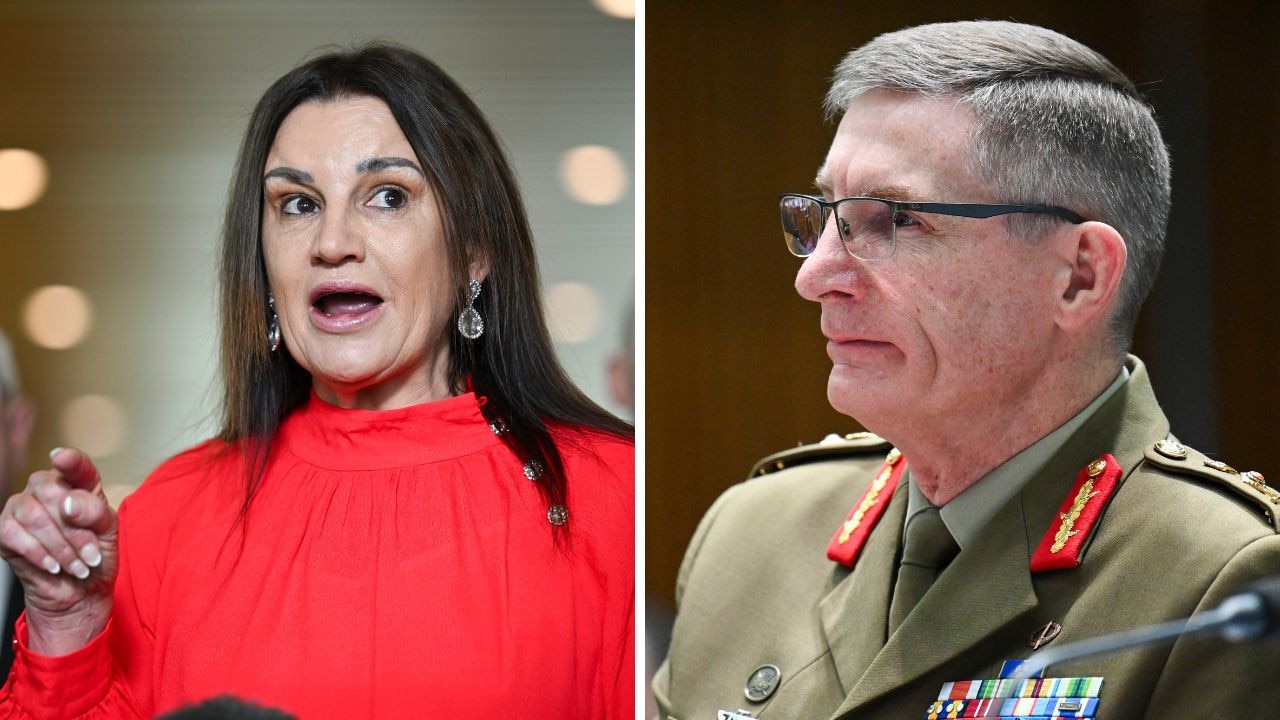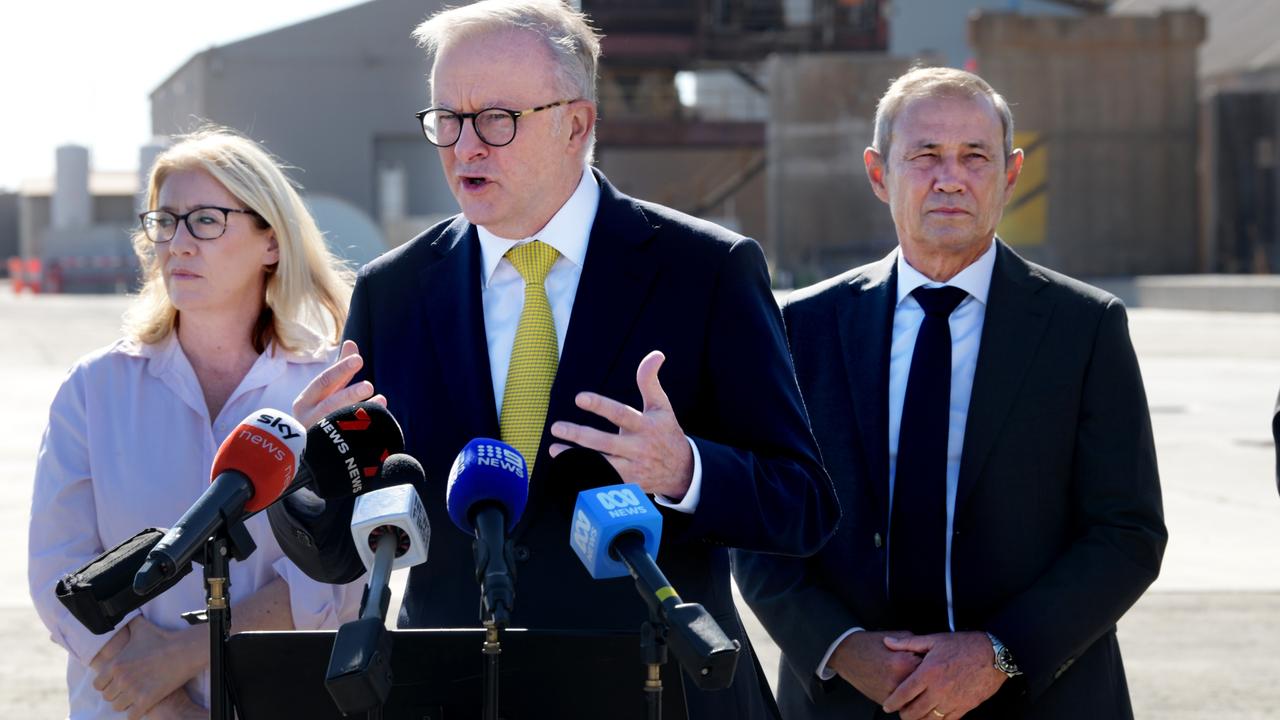Teens as young as 14 could access voluntary assisted dying in the ACT
Teens as young as 14 could access euthanasia as the Labor-Greens government considers the most liberal voluntary assisted dying framework in Australia.
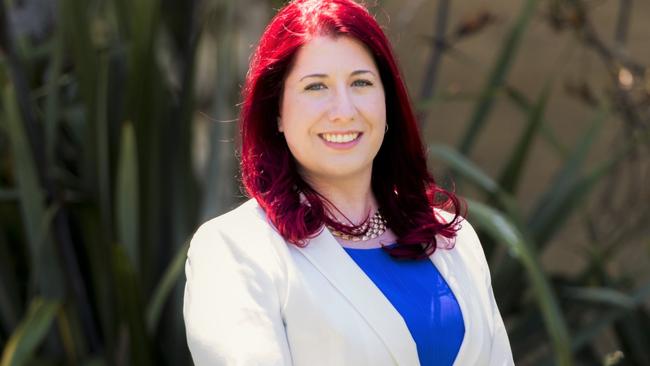
Teenagers as young as 14 could access euthanasia in Canberra as the Labor-Greens government considers the most liberal voluntary assisted dying framework in Australia.
The ACT government – led by Chief Minister Andrew Barr – on Thursday will release its community consultation report on an assisted-suicide framework, with a final model to be ready by the end of the year.
Human Rights Minister Tara Cheyne told The Australian she was considering allowing minors as young as 14 to be eligible for assisted suicide, with the ACT for the first time able to legalise euthanasia after being given the green light by federal parliament.
Ms Cheyne rejected a requirement by other Australian jurisdictions that assisted-suicide could only be accessed by people with an “arbitrary” expected death timeline of between six and 12 months.
The government has committed to investigate how it can include people with dementia accessing euthanasia once the laws have passed parliament.
Ms Cheyne, who is taking carriage of the reform instead of Health Minister Rachel Stephen-Smith, said she had “heard very clearly from the community that 18 is considered to be an arbitrary limit”.
She said this was “particularly given that young people under the age of 18 can also experience intolerable end-of-life suffering through terminal illnesses, and that they should have the same end of life choices as adults”.
The Barr government’s assisted-suicide program could be accessed by people with a “link” to the ACT, including residents of nearby NSW towns such as Queanbeyan.
NSW, Victoria, Western Australia, Queensland, South Australia and Tasmania have legalised assisted suicide for people over 18 years old who have a terminal illness.
A terminally ill person in Queensland is able to access assisted suicide if doctors say they have fewer than 12 months to live, with the timeframe being six months in other states.
Ms Cheyne said there was little appetite in Canberra to restrict euthanasia based on a timeframe on when someone was expected to die.
“Certainly, what we have heard loud and clear is that a timeframe to death that has been applied in Victoria, and in all of the ensuing states of being 12 or six months, and that being the prognosis to death, has been problematic within the states,” she said.
“There are some people who do receive a terminally ill diagnosis, but it may be several years until they are given a prognosis that they have less than 12 months or less than six months to live. The feedback that we’ve heard is really considered to be arbitrary in terms of timeframes and it’s much more about the definition of someone who is terminally ill and is suffering.”
A survey conducted by the ACT government found that 48 per cent of territory residents believed a person needed to have a disease that was “advanced, progressive and will cause death” and just 32 per cent believed that a patient had to be aged 18 or older.
The announcement comes as Canberra and Goulburn Catholic Archbishop Christopher Prowse raised concerns about the ACT government’s acquisition of palliative care facility Clare Holland House, following the forced takeover of Calvary Hospital.
Calvary Health Care announced “with a heavy heart” this week that it would surrender the hospice to the Barr government after the Catholic health provider reached an agreement to ensure the Canberra facility was “supported by remaining directly connected with the public hospital to ensure continuity of care for patients”.
The archdiocese has been outspoken about its opposition to voluntary assisted dying.
“I would say the timing is suspicious,” Archbishop Prowse said.
“It’s almost that you get the impression that the government is clearing the decks to prepare for whatever they’ve got in mind for the euthanasia legislation that they want to bring in at some stage. Clearly the Catholic Church is concerned … that what’s happening here is forming a precedent that other left-wing governments are prepared to act in such a draconian way, that is very un-Australian and very undemocratic.
“I hope I’m exaggerating, but it does set a precedent and that really does concern us – that not only the Catholic Church, but all faith-based groups that are involved in health care, would have to be on their guard against this and be concerned a great deal about this.
“In 100 years’ time when people look back on this … they’ll say it was a low moment in Australian democracy that a government would act in such a cowboy way.”
Ms Cheyne said the Barr government was committed to examining an assisted=-suicide option for dementia sufferers once the legislation had passed, though it would wait until voluntary assisted dying had been operating in the territory for several years.
“We were clear in our discussion paper that we would not be pursuing voluntary assisted dying being incorporated as part of advanced care planning for people who have lost capacity like with advanced dementia,” she said.
“But given we’ve noted the strength of the support in the ACT, what we will do (on Thursday) is I will publicly commit our government to considering this issue further."


